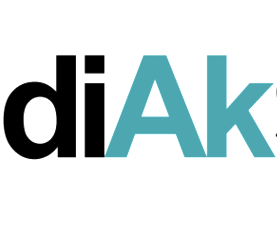Demonstrationen und Debatten, Kämpfe und Gewalt gehen weiter, den einen ist ein Waffenstillstamd Verrat, den anderen der einzig gangbare Weg.
***
Neben diesen Nachrichten heute einmal ein Hinweis auf ein Ereignis, daß ohne die letzten Wochen wohl so schnell nicht geschehen wäre. Am 21. Oktober bereits beschlossen, wurde die Versöhnung der beiden (griechisch-orthodoxen) Patriarchate am Mittwoch, 15. November 2023 bei / durch den Besuch (Bericht) einer Delegation in Amman vollzogen:

„Patriarch John X of Antioch and All the East, charged with a task Metropolitan Athanasios of Latakia and its Dependencies, and Ephrem, Metropolitan of Aleppo and Alexandretta and their Dependencies of visiting Amman, the capital of the Hashemite Kingdom of Jordan.
Their task was to bring to the Church of Jerusalem a message of fraternal love and the restoration of ecclesiastical communion between the Patriarchate of Antioch and the Patriarchate of Jerusalem. (…) „
(Bericht auch auf Vatican News).
[In einer früheren Fassung war der Besuchstag in Amman irrtümlich mit dem 16.11.23 angegeben].












